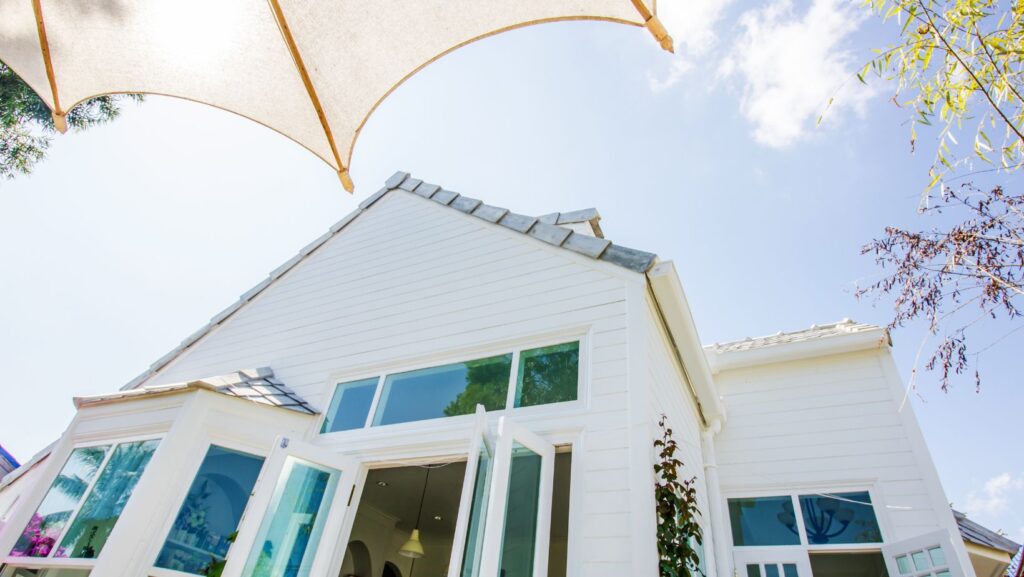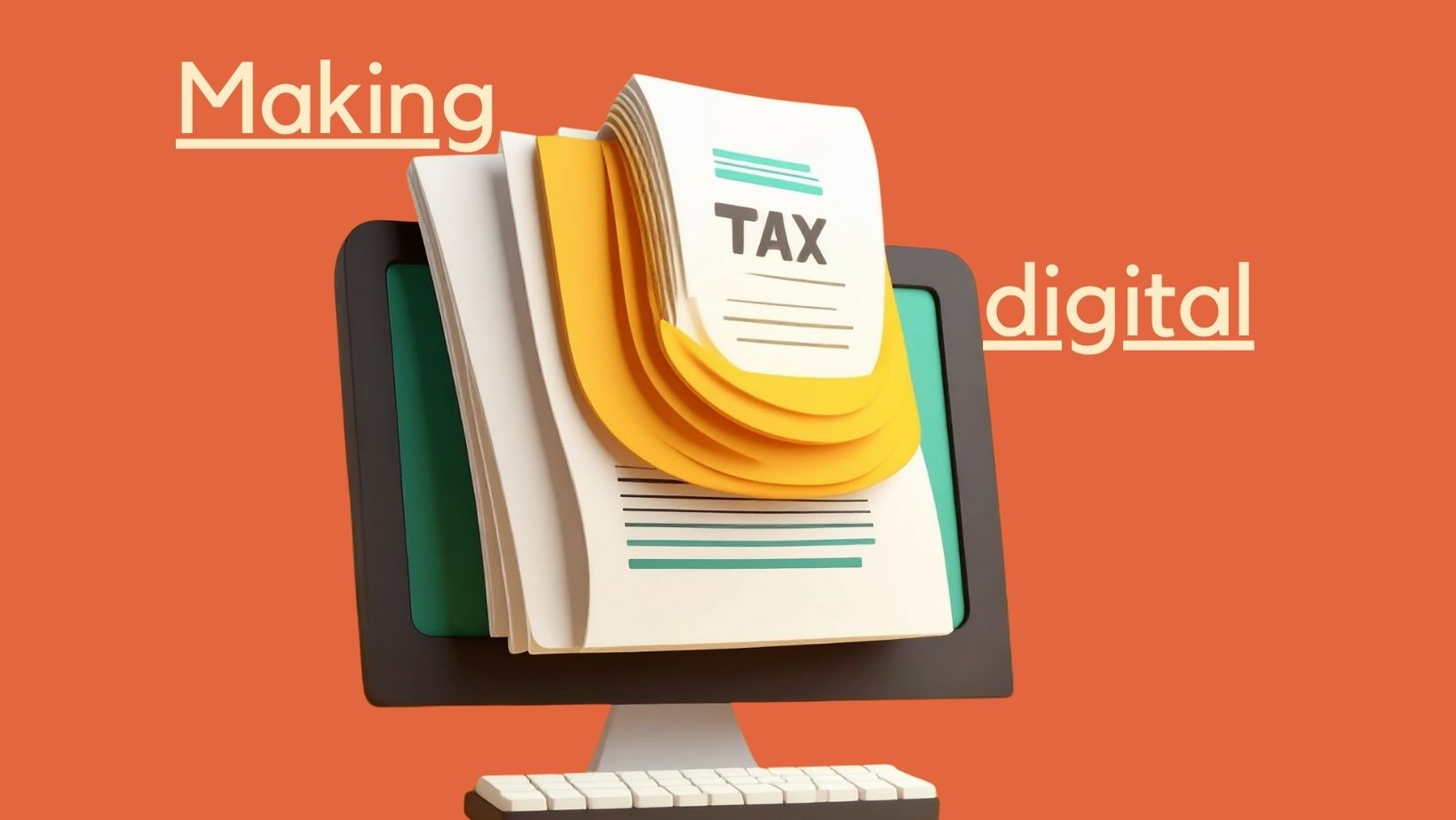A Furnished Holiday Let (FHL) is a property that is let out for short periods to holidaymakers.
To qualify it must be available for letting as a furnished holiday accommodation for at least 210 days in the year and you must let the property commercially to the public for at least 105 days in the year.
The property must be furnished, and it should be genuinely available for letting.
Tax advantages of Furnished Holiday Lets (FHL)
One of the significant benefits of owning a FHL is the tax treatment. Unlike residential property, which is typically subject to income tax, FHLs are treated as a business. This means you can claim various business expenses against your rental income, potentially reducing your tax liability.
Here are some of the key tax advantages:
- Capital Gains Tax (CGT): If you meet certain conditions, you may be able to significantly reduce the tax on the sale of a Furnished Holiday Let, through the utilisation of Business Asset Disposal Relief, or Business Asset Rollover Relief.
- Business Rates Relief: You may qualify for business rates relief, which can significantly reduce your property taxes.
- Deductible Expenses: You can claim a wide range of business expenses against your rental income, including:
- Mortgage interest
- Property maintenance
- Utilities
- Advertising and marketing
- Letting agent fees
However, it’s important to note that the tax landscape is changing, which leads us onto the changes coming…
Changes to FHLs in April 2025
There are significant changes coming into effect for FHLs from April 2025, the Government’s decision to abolish the FHL regime is part of the initiative to ensure fairer taxation within the property rental sector.
These changes will cause a loss in tax benefits, so it’s crucial to understand how they will affect your investment.
Key changes include:
- Mortgage interest on FHLs is currently treated as a deduction from rental income for income tax purposes. From April 2025, mortgage interest will be restricted to the basic rate of Income Tax.
- Capital Gains Tax on disposal of FHLs may currently qualify for Business Asset Disposal Relief (BADR) at a rate of 10%, however from April 2025 the changes mean that they will be subject to the normal residential CGT rate of 18% or 24% depending on your tax bracket.
- Capital allowances will no longer be available for new expenditure, from April 2025 you will only be able to claim the cost of replacing (like for like) a domestic item against profits.
- Income generated from FHLs will no longer be considered within relevant UK earnings when maximum pension relief is calculated.
Optimising your FHL tax breaks before April 2025
To maximise the tax benefits of your FHL before these changes take effect, consider the following:
- Claim capital allowances before the 6 April, 2025 and any fit-out and refurbishment expenditure. Existing capital allowance pools will be carried forward and you will be able to continue to claim writing-down allowances on that pool.
- Sell your property if it qualifies for Business Asset Disposal Relief and pay 10% on the gain after allowances instead of the 18% or 24% rates that will apply from April 2025.
By understanding the changes to FHLs and taking proactive steps, you can continue to enjoy the tax benefits of this investment strategy.





